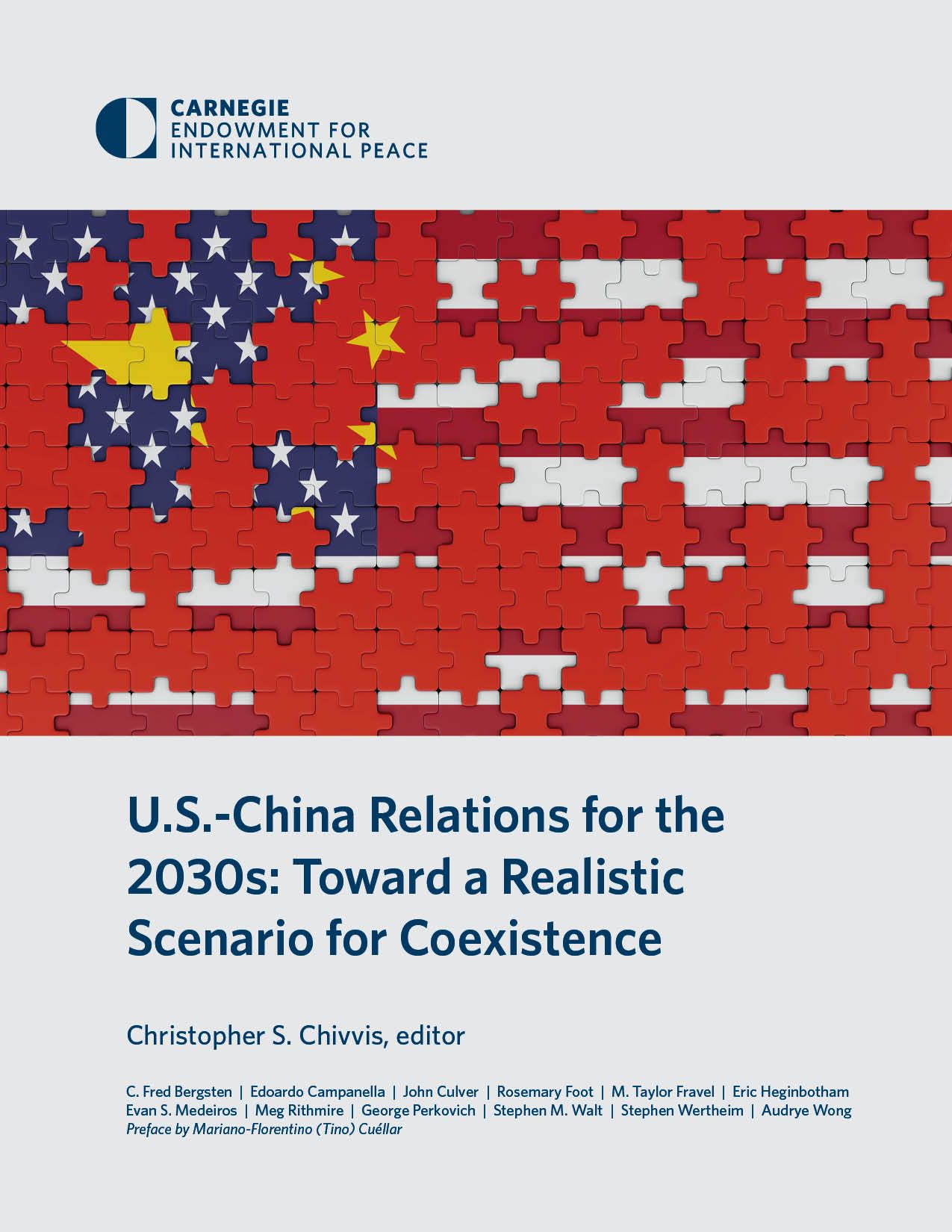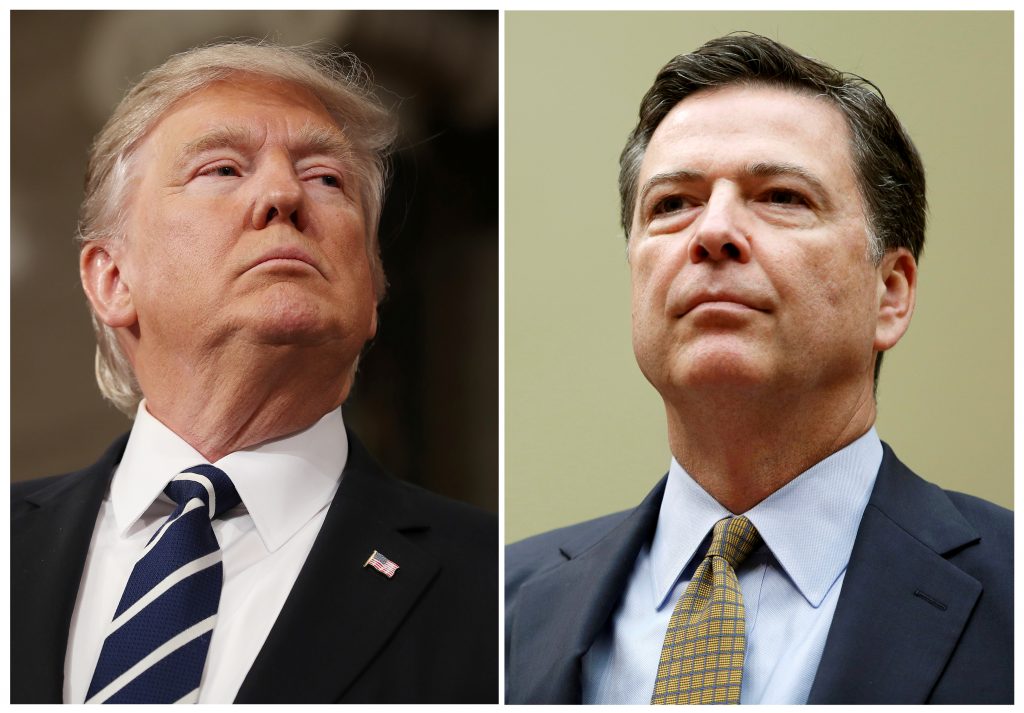Report on Media Freedom and Institutional Integrity in the US Entertainment Sector
Introduction: An Examination of Recent Events Through the Lens of Sustainable Development Goals
Recent developments within the United States media and entertainment landscape, notably the cancellation of “The Late Show with Stephen Colbert” and subsequent reactions from prominent satirists, have brought critical issues to the forefront. These events provide a case study for examining the state of fundamental freedoms and institutional accountability, core tenets of the United Nations Sustainable Development Goals (SDGs), particularly SDG 16 (Peace, Justice and Strong Institutions).
Analysis of Key Events and their Relation to SDG 16: Peace, Justice and Strong Institutions
The situation highlights a potential conflict between corporate interests, political influence, and the principles of a free press, which are essential for achieving SDG 16. This goal emphasizes the need to “promote peaceful and inclusive societies for sustainable development, provide access to justice for all and build effective, accountable and inclusive institutions at all levels.”
- Cancellation of “The Late Show”: CBS cited financial reasons for the cancellation. However, the timing has raised concerns regarding its connection to the show’s criticism of the presidential administration. This directly implicates SDG Target 16.10, which aims to “ensure public access to information and protect fundamental freedoms.” The potential for political pressure to influence programming decisions represents a threat to this fundamental freedom.
- Corporate and Governmental Interplay: The context includes a settlement between the Trump administration and Paramount (CBS’s parent company) and the subsequent federal approval of Paramount’s $8 billion sale to Skydance Media. This raises questions about the integrity and transparency of public and private institutions, a key concern of SDG Target 16.6, which calls for the development of “effective, accountable and transparent institutions.”
- Response from the Comedic Community: In response, leading comedians have unified to defend their role. Jon Stewart’s statement, “We speak opinions to television cameras, but we try,” underscores the media’s function in holding power to account. This defense of satirical expression aligns with the protection of fundamental freedoms (SDG 16.10) and the promotion of participatory and representative decision-making (SDG 16.7) by fostering public discourse.
Broader Implications for Sustainable Development
The events carry wider implications that touch upon multiple SDGs beyond the immediate concerns of media freedom.
- SDG 8: Decent Work and Economic Growth: The media industry is a significant economic sector. Decisions such as the cancellation of major programs, influenced by factors other than market performance, can impact the stability of employment and the conditions for “decent work” for thousands of creative professionals. The statement by Jon Stewart that value was derived from “shows that say something, shows that take a stand,” suggests that compromising on content integrity for political expediency could undermine long-term economic value, conflicting with the principles of sustainable economic growth (SDG 8).
- SDG 17: Partnerships for the Goals: The situation illustrates a complex public-private partnership between media corporations and government regulatory bodies. SDG Target 17.17 encourages effective partnerships, but the perceived lack of transparency in the approval of the Paramount merger suggests a partnership that may not serve the public interest or uphold other development goals, such as SDG 16. For partnerships to be sustainable, they must be built on principles of accountability and mutual respect for fundamental rights.
Conclusion
The controversy surrounding the cancellation of “The Late Show” and the reactions it provoked serves as a critical indicator of the health of democratic institutions and freedoms. It underscores the fragility of media independence in the face of political and corporate pressure. Upholding the principles of SDG 16 is paramount, as the ability of media to operate freely is a prerequisite for public access to information, institutional accountability, and the overall achievement of a just, peaceful, and inclusive society.
Analysis of Sustainable Development Goals in the Article
1. Which SDGs are addressed or connected to the issues highlighted in the article?
The primary Sustainable Development Goal (SDG) addressed in the article is SDG 16, which focuses on promoting peaceful, just, and inclusive societies. The issues discussed, such as freedom of speech, media censorship, and the influence of political power on media corporations, are central to the principles of this goal.
-
SDG 16: Peace, Justice and Strong Institutions
This goal is relevant because the article extensively discusses threats to fundamental freedoms and the accountability of institutions. The narrative revolves around the cancellation of a critical comedy show, lawsuits against news outlets, and the potential for political pressure to influence media content and corporate decisions. These events challenge the development of “effective, accountable and transparent institutions” and the protection of “fundamental freedoms,” which are core tenets of SDG 16.
2. What specific targets under those SDGs can be identified based on the article’s content?
Based on the article’s focus on freedom of the press, institutional accountability, and potential corruption, several specific targets under SDG 16 can be identified.
-
Target 16.10: Ensure public access to information and protect fundamental freedoms, in accordance with national legislation and international agreements.
This target is directly addressed through the article’s discussion of threats to free speech and press freedom. The cancellation of “The Late Show with Stephen Colbert” following his criticism of the President, coupled with “lawsuits against news outlets” and “moves by the White House that appear in contrast to free speech,” all point to a potential erosion of these fundamental freedoms. Jon Stewart’s speech reinforces this, highlighting the value of shows that “take a stand” and are “unafraid,” and warning against media companies making themselves “so innocuous” to avoid political scrutiny.
-
Target 16.6: Develop effective, accountable and transparent institutions at all levels.
The article questions the accountability and transparency of both corporate and governmental institutions. The suspicion that Colbert’s show was cancelled for political reasons, despite the official “financial” explanation, points to a lack of transparency at the corporate level (CBS/Paramount). Furthermore, the article notes that the $8 billion sale of Paramount to Skydance Media “required and received approval from federal regulators,” specifically the “Trump-influenced FCC.” This implies that regulatory bodies may not be operating effectively or without political influence, thus undermining their accountability.
-
Target 16.5: Substantially reduce corruption and bribery in all their forms.
This target is implied through the questioning of the motives behind corporate and governmental actions. The article highlights the “recent settlement between the Trump administration and Paramount” over a lawsuit, followed by the approval of a major merger by federal regulators. Jon Stewart’s accusation that the parent company seems to be “kowtowing to the administration” suggests a quid pro quo relationship, where favorable regulatory treatment might be exchanged for less critical media coverage. This raises concerns about non-transparent dealings that could be considered a form of corruption.
3. Are there any indicators mentioned or implied in the article that can be used to measure progress towards the identified targets?
The article does not provide quantitative data but implies several qualitative indicators that can be used to measure progress towards the identified targets.
-
Indicators for Target 16.10 (Protect fundamental freedoms):
- Incidents of censorship or pressure on media: The cancellation of “The Late Show with Stephen Colbert” serves as a specific incident. Jon Stewart’s fear that networks might “serve a gruel so flavorless that you will never again be on the boy king’s radar” points to the indicator of media self-censorship due to political pressure.
- Legal actions against media outlets: The mention of “lawsuits against news outlets” by the administration is a direct indicator of pressure being applied to the press.
-
Indicators for Target 16.6 (Accountable and transparent institutions):
- Perceived political influence on regulatory decisions: The article explicitly mentions the “Trump-influenced FCC” approving the Paramount merger, suggesting that the independence and accountability of this regulatory body are in question. Public and media perception of such influence is a key indicator.
-
Indicators for Target 16.5 (Reduce corruption):
- Non-transparent settlements and deals between government and corporations: The article points to the “recent settlement between the Trump administration and Paramount” as a potential indicator of an opaque arrangement, especially given its timing relative to other corporate and regulatory events. The suspicion of such deals serves as an indicator of perceived corruption.
4. Table of SDGs, Targets, and Indicators
| SDGs | Targets | Indicators |
|---|---|---|
| SDG 16: Peace, Justice and Strong Institutions | 16.10: Ensure public access to information and protect fundamental freedoms. |
|
| SDG 16: Peace, Justice and Strong Institutions | 16.6: Develop effective, accountable and transparent institutions at all levels. |
|
| SDG 16: Peace, Justice and Strong Institutions | 16.5: Substantially reduce corruption and bribery in all their forms. |
|
Source: cnn.com






